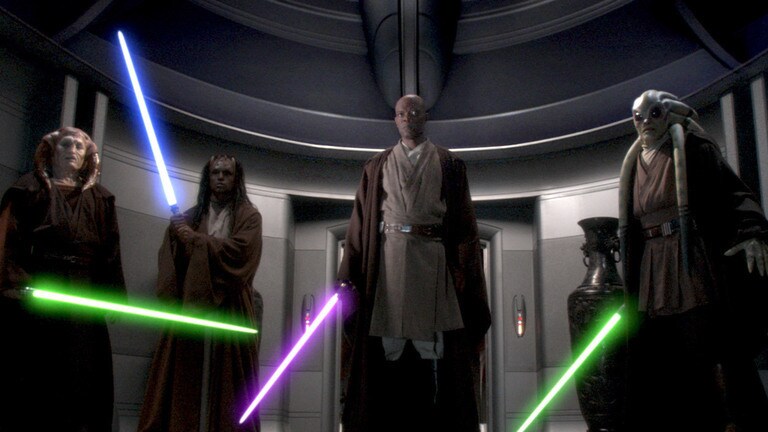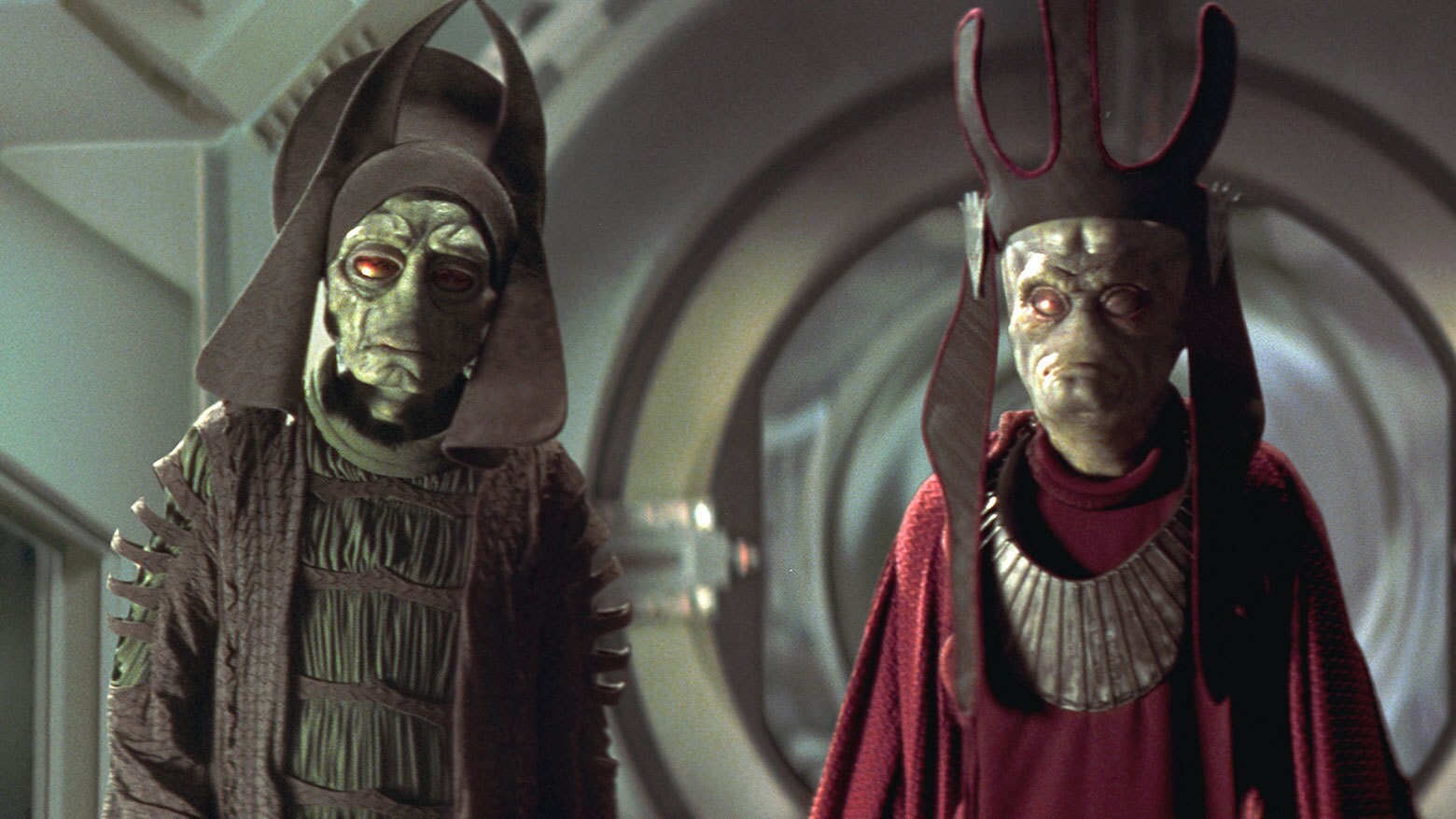I'm not talking about the tithe in men, more about the tithe in goods from Hive Worlds. It forces them to produce X, not Y, which leads to a command economy. Basically, they turn into America's Economy during WW2. That's sustainable over a limited time, but a) it was sustainable because America paid them to do this instead of just seizing the tanks off the production line, and b) it only lasted a limited amount of time. They kinda pay in shipments of grain, but again, that's even less free market going on, and the shipments in grain don't really seem linked to payment, but instead to need, which is a sign your economy is fucked beyond all recognition.
Except Imperium doesn't control much of anything, really. You have tithe of goods you have to deliver, and that's it. And rather than forcing a planet to produce certain goods, tithe is (in theory at least) set to what planet already has in abundance: so a Hive World will have tithe set mostly in terms of manpower for the Imperial Guard (because they often have more bodies than they know what to do with), a Forge World will have tithe set in terms of whatever is being produced at a specific Forge World (e.g. Baneblades, Titans...), and so on.
Imperial Tithe is in fact a remarkably effective way of running an interstellar empire in conditions of unreliable communications, and does not bear even the slightest resemblance to the command economy. In simplest terms, command economy would be central government deciding what and in which quantities will be produced at a certain world. Imperial tithe is government looking at what is already and in which quantities produced at a certain world, and then deciding how much of that good it wants to take. These systems may look similar on surface, but in real terms they are complete opposites. Of course, Administratum being what it is, it often sets demands which force the world to pretty much focus all energy on producing that one thing, but that is administrative incompetence rather than command economy - and is not nearly always the case.
The changes don't have to be big, they just have to be there. In the Imperium, it's nearly impossible to hope for a better future for your kids. There is no hope. The reverse was true in most of human civilization. You had a decent chance of being able to do something risky to get ahead. In the Imperium, there's almost no chance.
That is true, mostly because trying to get ahead results in you getting eaten by daemons.
The senators you are talking about were representing planets that were a part of the Trade Federation, from what I recall. Like Nemodia.
According to StarWars.com, Trade Federation - as in, the trade association itself - had representative(s) in the Senate, specifically to lobby for even greater power:
One of the wealthiest corporate organizations in the galaxy, the Trade Federation controlled most of the interstellar shipping passing through the Rim territories. The Trade Federation was headed by Viceroy Nute Gunray, and even had its own representative in the Republic Senate to lobby for even...

www.starwars.com
One of the wealthiest corporate organizations in the galaxy, the Trade Federation controlled most of the interstellar shipping passing through the Rim territories. The Trade Federation was headed by Viceroy Nute Gunray, and even had its own representative in the Republic Senate to lobby for even greater power.
And now that I think about it, wasn't discussion in The Phantom Menace pretty much Trade Federation vs Naboo? As in, representative of Trade Federation was arguing with the Naboo Queen, rather than merely a representative of a planet X acting on behalf of the Trade Federation.
But that's not really the point I was making. I'm saying that the Republic being mostly useless is better than the Imperium controlling everything (minus 40k!Chaos, which makes it sorta a necessity). Basically, ask a citizen of the republic what polity they identify with, and they'll say Corellian, or Coruscanti, or etc. They won't say the Republic. Just like an EU citizen will typically say Italian, Polish or French rather than European.
Your point is incorrect because Imperium doesn't come anywhere close to controling everything. Basically, Imperium just says "pay tithe, don't rebel, watch out for Chaos and don't make me come there", and worlds are more or less left alone to manage their own affairs.
And why you think that Imperial citizens do not identify with their own home worlds? Not just civilians, but even entire military units have very pronounced planetary character - you can, at a first glance, tell whether a certain Imperial unit is from Cadia, Fenris, Armageddon or wherever. In fact, you can more easily tell Imperial regiments apart than you can tell apart, say, Croatian, Polish and British contingents in UN missions.
The question is, does it speak poorly of the republic's inefficiency relative to the imperium?
For a comparable 40k example, when Lufgt Huron and his chapter fell victim to a spectacular case of tunnel vision and defacto blockaded a neighboring Imperial sector (there was no actual blockade, but the Astral Claws cut off all the resource shipments that were supposed to be delivered to the cartago sector).
In star wars, the trade federation managed to gum up the Senate and stall them from taking action immediately, but the sent still would have acted. It just would have taken longer, maybe a few weeks, months at the outmost.
In 40k, it took the imperium more than a century to get around to sorting the Badab issue, and several more years and a small war before they actually took action.
That may or may not be comparable. To use a real-life example, there were several cases when Roman and Byzantine Emperors tolerated tyrants, because those tyrants were fighting against the same enemies as they were, or simply because they were too busy with other things. In 286., Carausius took three Roman legions and left for Britain, setting up himself as a tyrant there. After Maximian's attempt to oust him failed, he was formally recognized among the Augusti, simply because other emperors had major problems to solve on the continent. Likewise, in 350., Constantius II recognized Vetranio as a co-emperor because he needed a counterweight to Magnentius (if you want to read more, I found a few blog posts:
link,
link,
link,
link).
So rather than an example of inefficiency, Badab is more likely the case of Imperium simply deciding it had more important stuff to do at that time. For Republic however, Naboo was
the issue of the time. Unlike Imperium where Badab was "eh, another warlord getting uppity? Whatever, let's look at this Tyranid incursion...), there is little indication that Republic was being busy solving any issues more pressing than Trade Federation mounting an armed invasion of one of its member worlds. Sending mere two Jedi was done because, rather than being busy, it was simply the best Republic could do at the time.
(Unless I am missing something wrt Republic, which is entirely likely).


